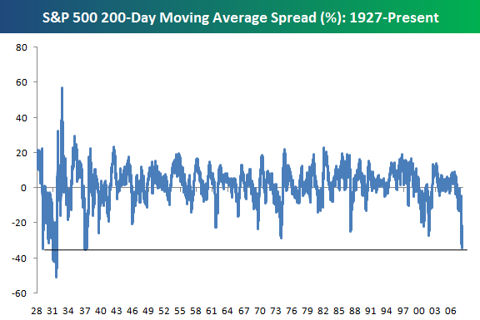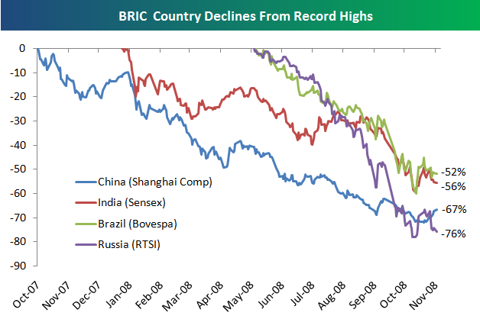Interestingly, here is another article that underlines the current issues in the world and more particularly in Europe. The current situation is very similar to that of pre-world war ones. It is an end of an era, a crisis, and no vision of the future. A transition from one world into another. It could be that Mr.Obama's role will be greater than expected.
In Europe, the rise of nationalism is obvious in difficult time. There is simply no that feeling of common interests among the European nations. And the future development is wide open. Just like sixty years ago, same forces are in play. Hopefully something has changed during that period and the results will not be the same.







![moz-screenshot-6[4] moz-screenshot-6[4]](http://lh5.ggpht.com/_OQmvB1RsiBI/SRtWhgcvqmI/AAAAAAAAAvI/ImyGe_1FTrg/moz-screenshot-6%5B4%5D_thumb.jpg?imgmax=800)




